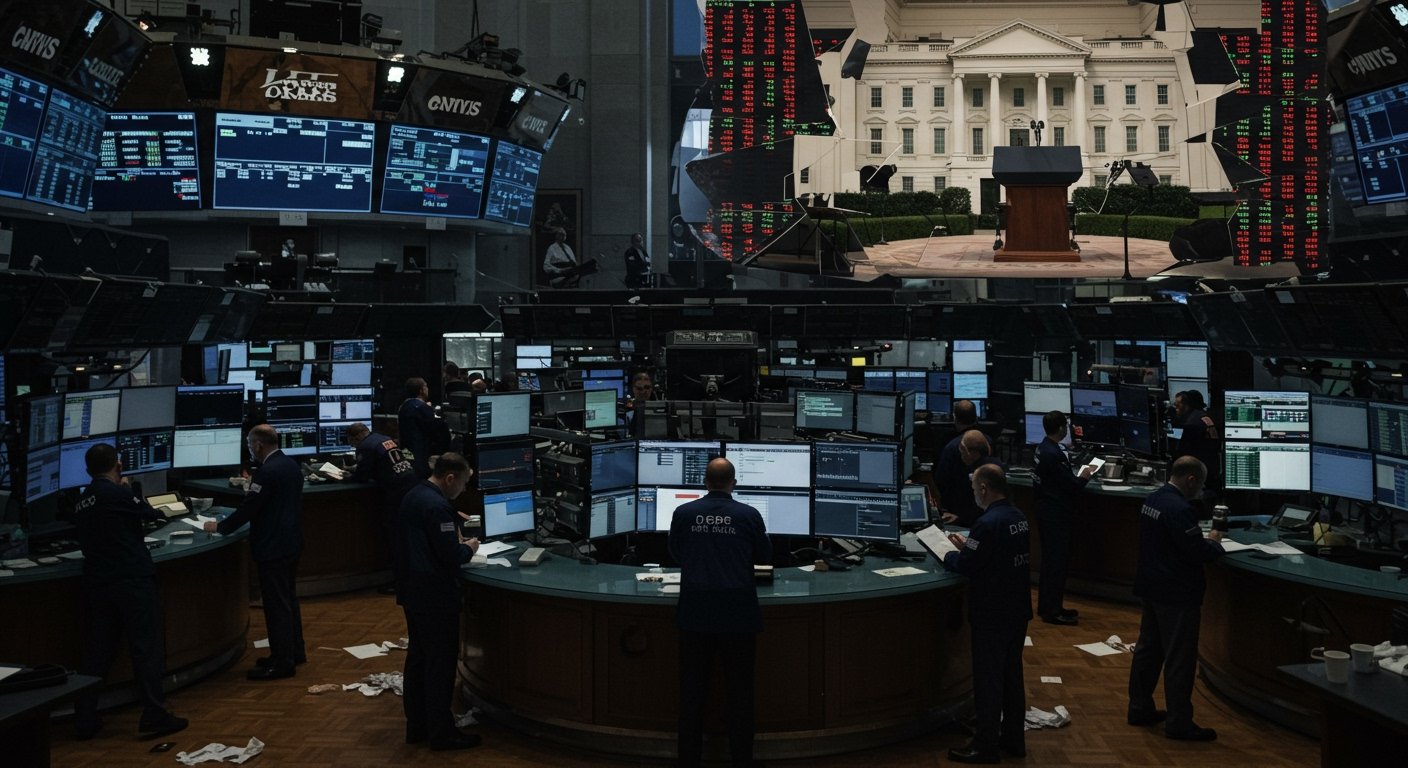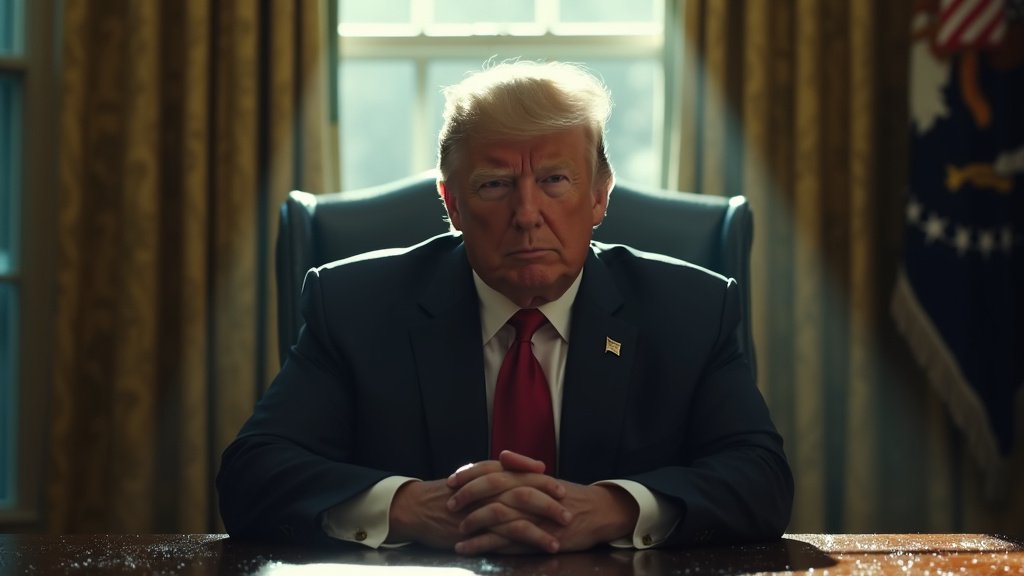Washington D.C. – President Donald Trump on Thursday, March 7, 2025, announced a significant, albeit temporary, halt to the 25% tariffs he had recently imposed on certain goods imported from Canada and Mexico under the U.S.-Mexico-Canada Agreement (USMCA). The decision provides a reprieve set to last until April 2, 2025, and follows recent discussions with Mexican President Claudia Sheinbaum.
The tariffs, which had quietly gone into effect earlier in the week, apply to goods covered by the USMCA, representing approximately 50% of Mexican imports and 38% of Canadian imports entering the United States. The pause offers a brief period of predictability for industries and consumers impacted by the levies, which had drawn swift reactions from trading partners and domestic businesses.
Simultaneous Developments and Internal Friction
This trade policy adjustment unfolds against a backdrop of reported growing tensions within the administration, specifically between President Trump’s cabinet members and his advisor, Elon Musk. Musk, who heads the newly established Department of Government Efficiency (DOGE), has reportedly become a point of contention as the administration seeks to significantly reduce the federal workforce.
President Trump has directed cabinet secretaries to take the lead in identifying areas for workforce reduction. However, he has also specified that Musk and his DOGE team will be closely observing these efforts. This directive comes amid mounting lawsuits and considerable public backlash surrounding mass firings across various government agencies since the new administration took office.
Legal Challenges Mount
The administration’s push for efficiency and workforce cuts has encountered legal obstacles. A federal judge recently issued a temporary block preventing the Trump administration from firing the head of the U.S. African Development Foundation. The court order specifically names the DOGE operation and State Department official Pete Morocco, indicating judicial scrutiny of the process and personnel involved in these dismissals.
In a separate but related legal development, attorneys general from eight states have filed a lawsuit against the Education Department. The suit accuses the agency of unlawfully cutting over $600 million in federal grants designated for teacher training programs. This action by the state officials adds to the legal pressures facing the administration’s agencies as they navigate budget and personnel directives.
Implications for Trade and Governance
The temporary pause in USMCA tariffs suggests a tactical move in U.S. trade relations with its key North American partners, potentially aimed at facilitating further negotiation or responding to direct appeals like that from President Sheinbaum. However, the short duration of the pause, set to expire on April 2, 2025, leaves the door open for their potential re-imposition, maintaining uncertainty for businesses relying on cross-border trade under the USMCA.
The reported internal tensions between cabinet members and Mr. Musk, coupled with the legal challenges against personnel decisions and grant allocations, highlight potential friction points within the executive branch’s operational structure and its interaction with the judicial system and state governments. The role of the Department of Government Efficiency and its influence on traditional departmental functions appears to be a particularly sensitive area, drawing both internal resistance and external legal scrutiny.
The convergence of these events – a fluid trade policy under the USMCA, internal administrative disagreements over workforce management led by a high-profile advisor, and legal challenges pushing back against the administration’s actions – paints a complex picture of governance dynamics in Washington. Stakeholders in trade, federal employment, and state-federal relations will closely watch developments as the April 2nd tariff deadline approaches and legal proceedings unfold.












